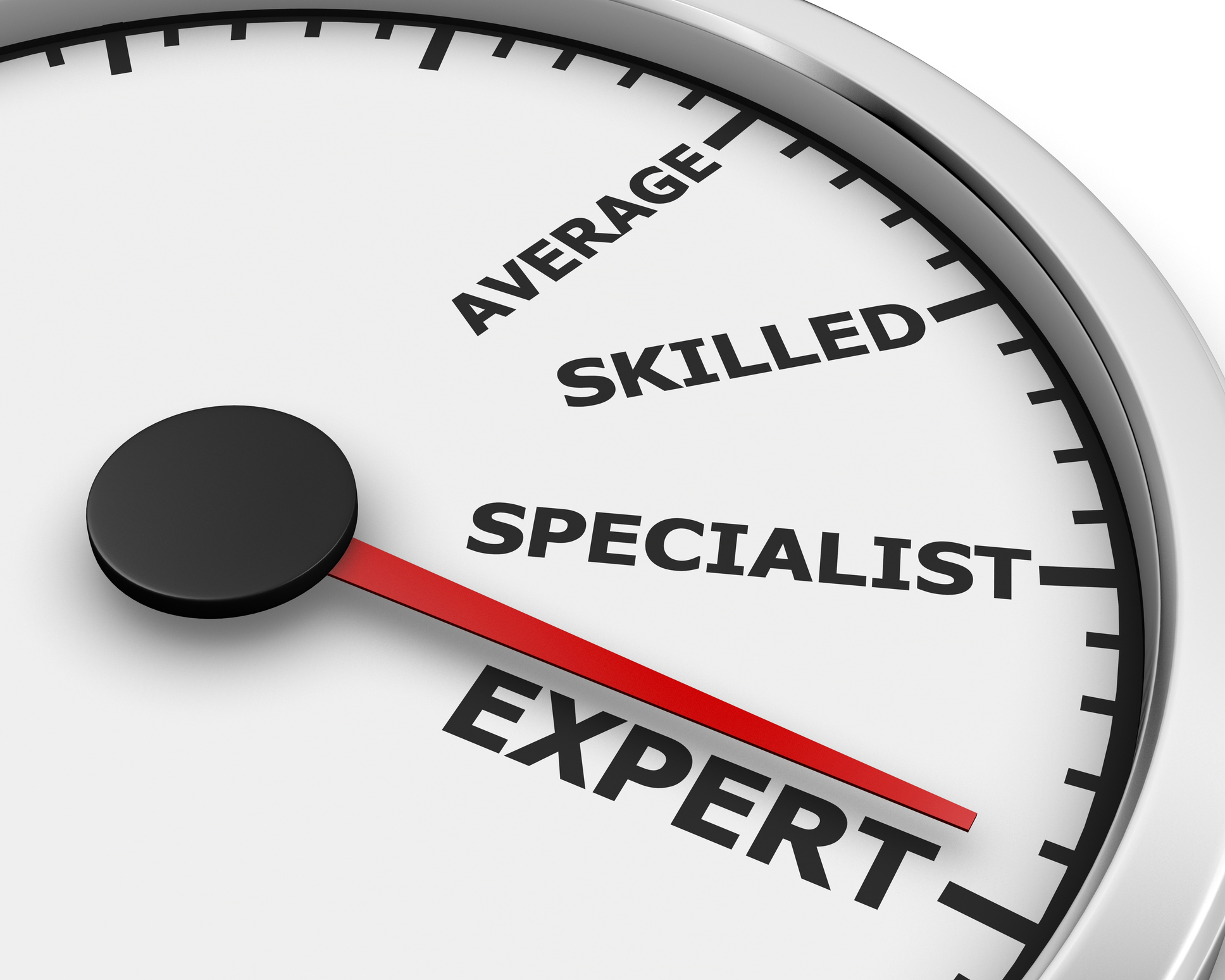7 tips to help you master expertise
To succeed, you need to put in the work. To be an expert, you need to put in the right work. Here’s how you can start practicing deliberately.
A decade ago, Malcolm Gladwell popularized the now-famous 10,000 hours theory in his book Outliers, suggesting that to become an expert in a skill, anything from sports to music to academics, you need to complete 10,000 hours of practice. The theory originally introduced by psychologist K. Anders Ericsson, showcased in Gladwell’s book, acknowledged that simply racking up the required practice hours wouldn’t guarantee greatness; you needed to pay attention to how you practice.
Although there are some disputes amongst researchers about how much natural ability contributes to skill development, there’s no denying that focus and determination are key to developing expertise. Just putting in the 10,000 hours of practice is not sufficient; your practice needs to be deliberate. It needs to be meaningful, intentional, and well thought out. It’s not a matter of quantity vs. quality. Both are essential.
Here are seven suggestions to make your time practicing more deliberate:
Just get started
Starting is always the hardest part. As Peter Thiel wrote in Zero to One, starting with nothing and ending with something is the biggest challenge of them all, but is incredibly satisfying. The best part? It’s all on you.
There’s never a better time to start than right now. Whether you want to start studying for a new career or training for a marathon, just get started.
Find the time
Finding 10,000 hours is a daunting task. To find the time in your day for deliberate practice, create an hour-by-hour table, tracking everything you do each day. Eating, sleeping, working, exercising, reading, television, or socializing, everything should be on that table. Once you have that table complete, take an honest, hard look at it.
What can you move around? What can you tighten up or optimize? What can you cut out? We all need a bit of downtime, but two hours of TV each night is a big block of time if you’re trying to become an expert.
Set specific, realistic goals
An important part of training or studying is measuring your progress. To do that, you need to set specific, realistic goals, as well as timelines and plans on how to get there.
Think about it like a workback schedule. If you are preparing for an exam on a certain date, how do you need to prepare? You may give yourself a goal of reading all the material a month before the deadline. Crafting all your notes and flashcards two weeks before you’re writing. Testing yourself on concepts and re-reading materials the last week before the exam. Breaking the larger goal down into smaller milestones will make it feel more achievable and will help keep you motivated.
Push your boundaries
Every day you’re practicing, you need to be pushing yourself a bit further. For example, elite athletes spend more time working on their problem areas trying to perfect those skills rather than practicing ones they have already mastered. It’s important to break out of your comfort zone. Once you feel like you’ve figured something out, it’s time to move on to the next level.
Commitment is key
In order to maintain the level of expertise, there needs to be sustained commitment. As the old adage goes… if you don’t use it, you lose it. Hold yourself accountable by creating a checklist to track your hours, progress, and goals. That hourly table will come in handy, and you may even want to consider sharing it with somebody you trust who can check in daily or weekly to keep you on track.
Get feedback
To keep your progress moving in the right direction, seek out feedback and advice from coaches or teachers. They can provide invaluable guidance offering insights and perspectives that you may not be aware of. Ideally, try to build relationships and develop a mentorship in person. If not, there are digital communities where you may be able to find an expert online, or someone who’s further ahead in the same field. This will go a long way in making sure you’re working on the right things.
Take breaks
Breaks are an important part of practice. Without breaks, the quality of your practice will quickly hit its ceiling. Even the most elite athletes need to know when to give their bodies a break to recover, and you should have the same approach.
Studies have shown that you should break every 45-60 minutes in order for your brain to stay fresh and focused, and rest gives your body a chance to recharge, allowing you to gain momentum, remain consistent, and follow through on your path to become an expert.
Start using these tips for deliberate practice today in your IFSE studies. Not a student of IFSE? Check out our course catalogue or get in touch to learn more about a career in financial services

